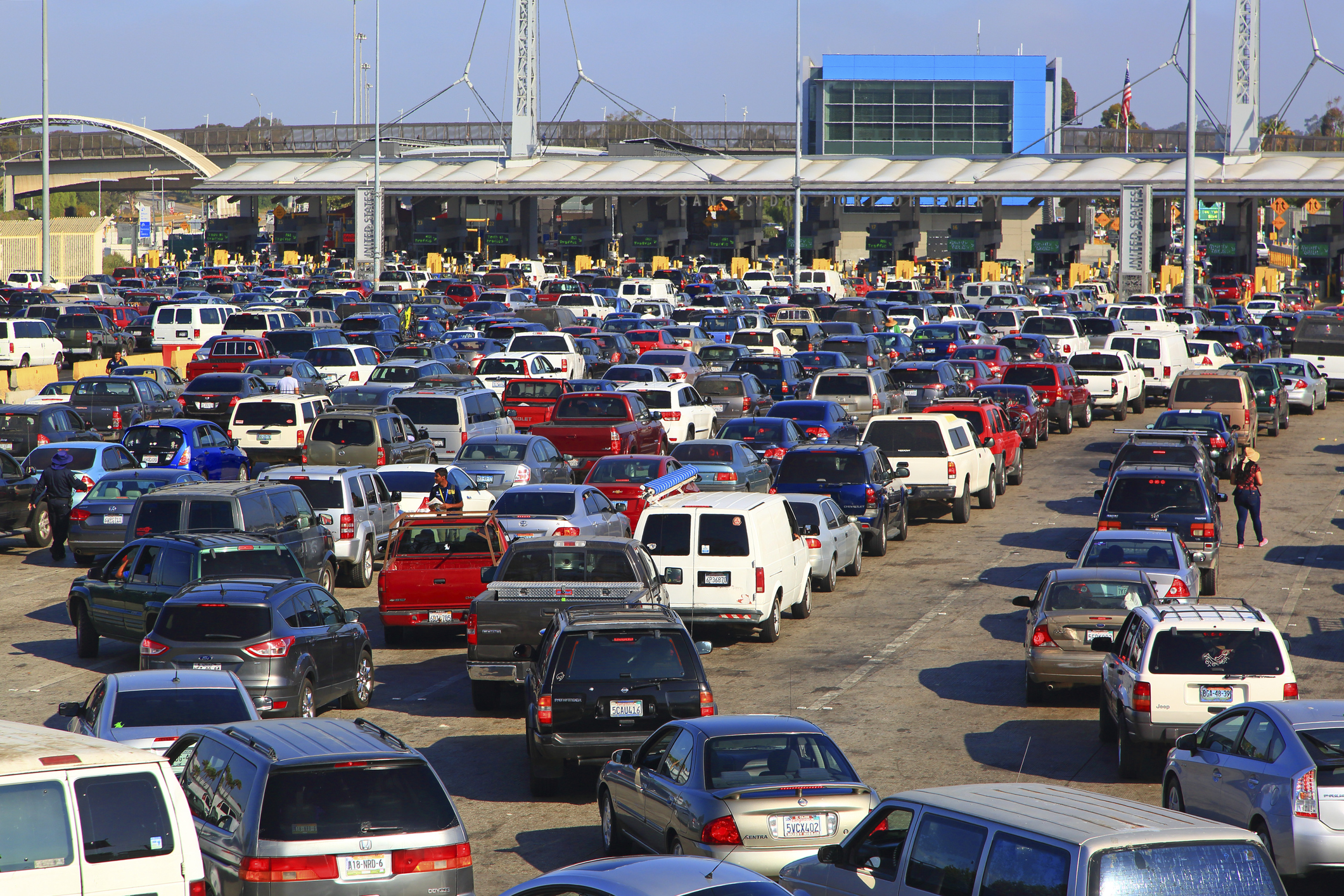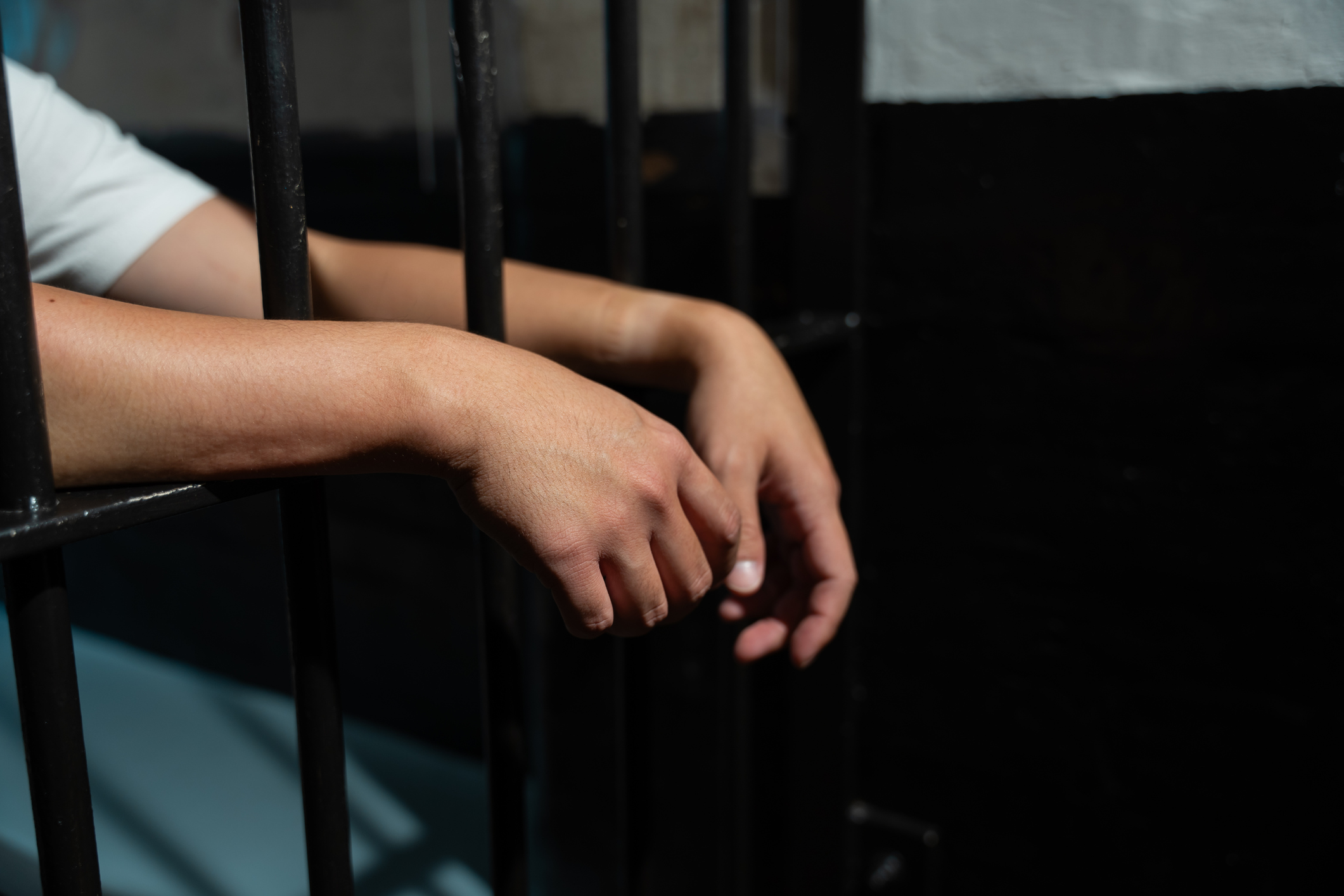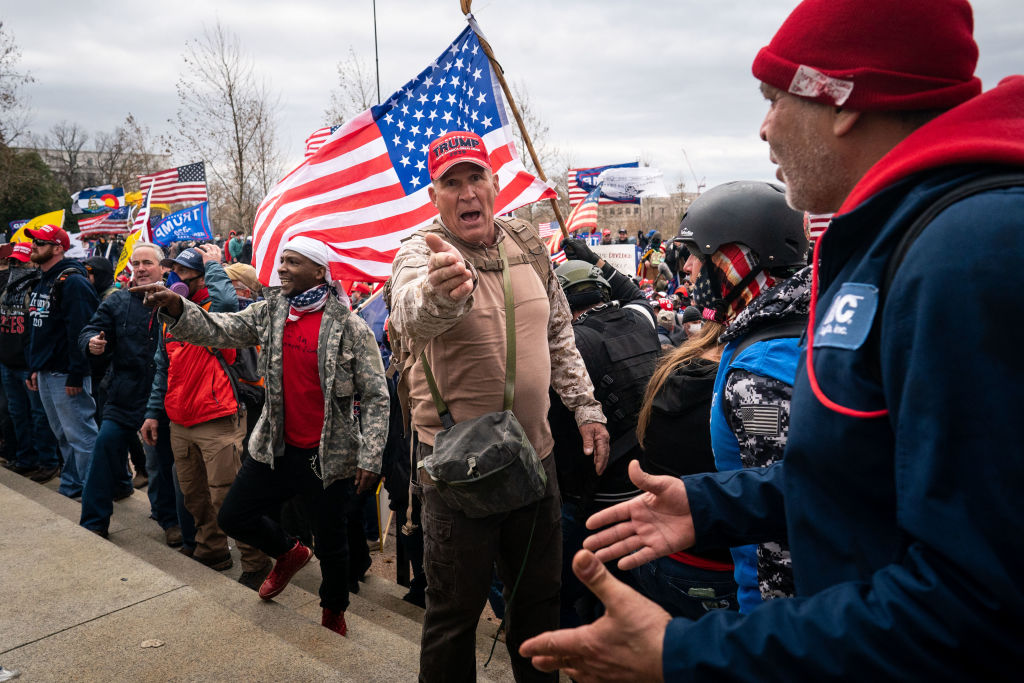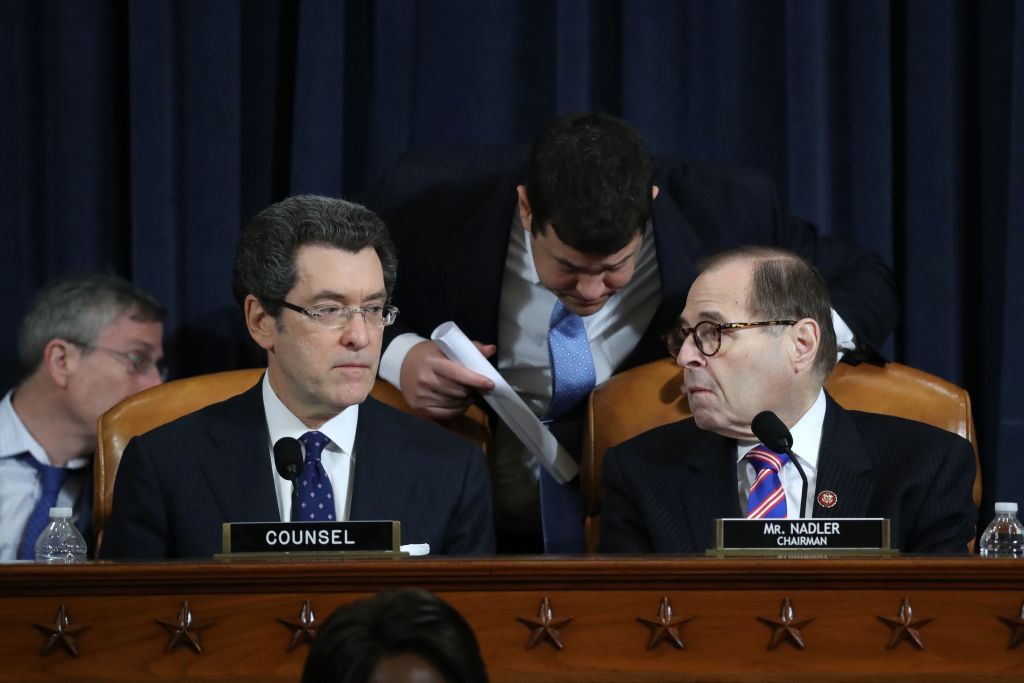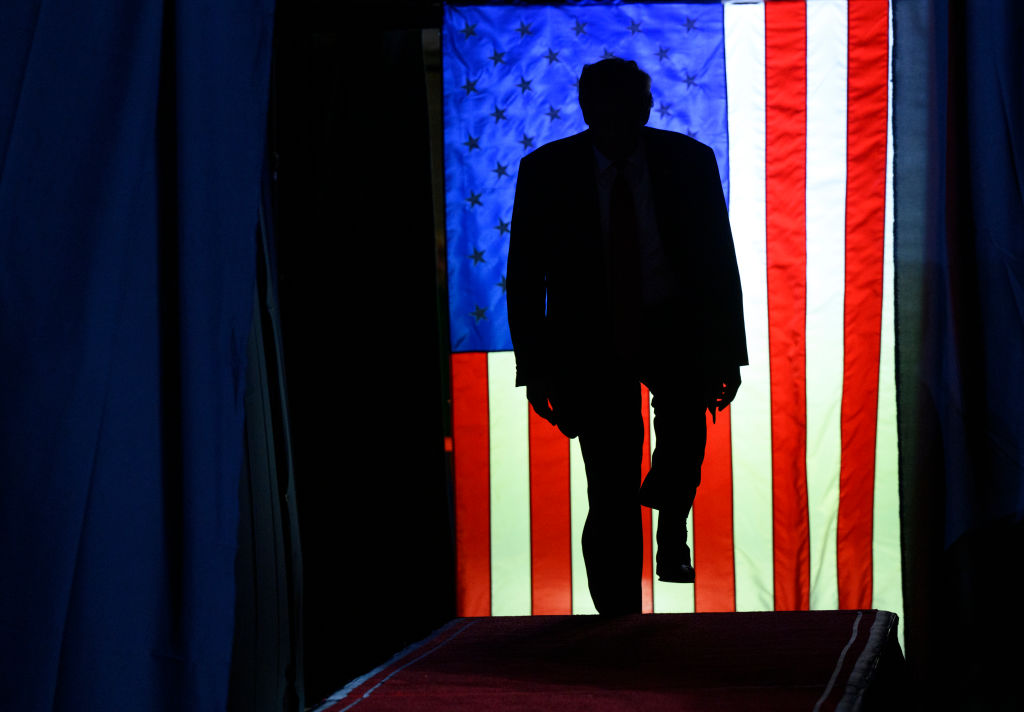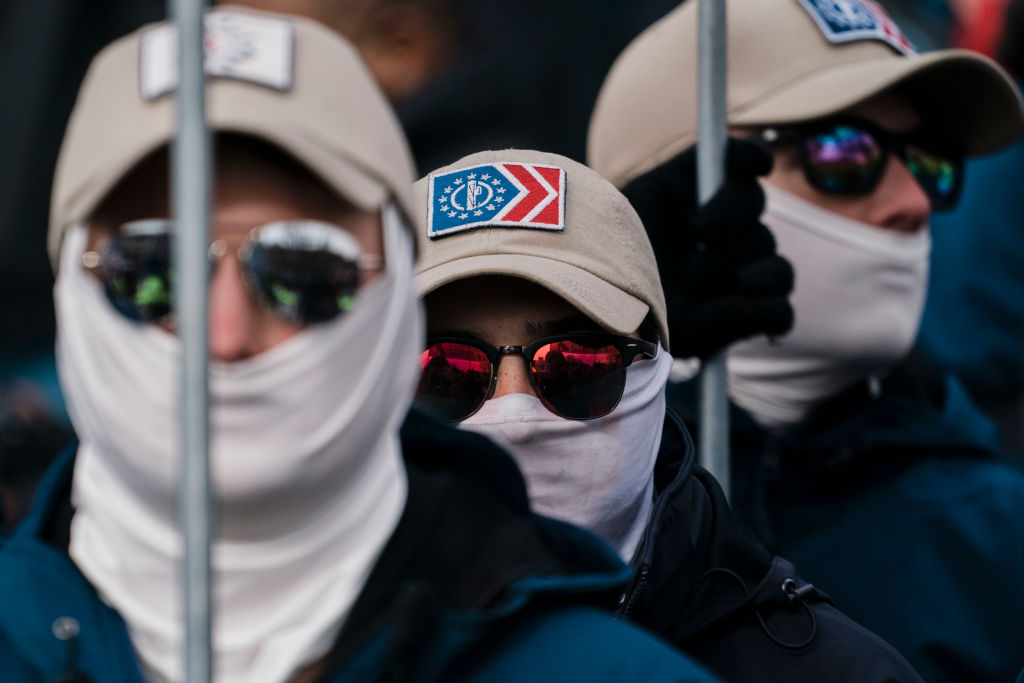We must root out dishonest Border Patrol Agents.
Just the Facts on “Geofencing”

The app-based "Dragnet" that Sgt. Friday never dreamed of.
This article was originally published by RealClearPolicy and made available via RealClearWire.
As worshippers gathered at the Calvary Chapel in 2020, they were being watched from above.
Satellites were locking in on cell phones owned by members of the nondenominational Protestant church in San Jose, California. Their location eventually worked its way to a private company, which then sold the information to the government of Santa Clara County. This data, along with observations from enforcement officers on the ground, was used to levy heavy fines against the church for violating COVID-19 restrictions regarding public gatherings.
“Every Sunday,” Calvary’s assistant pastor, Carson Atherly, would later testify, the officers “would serve me a notice of violation during or after church service.”
Calvary is suing the county for its use of location data, a controversial tool increasingly deployed by governments at all levels—notably in relation to the U.S. Capitol riot on Jan. 6, 2021. While enabling law enforcement to more easily identify potential offenders, the practice, called “geofencing,” has also emerged as a cutting-edge privacy issue, raising constitutional issues involving warrantless searches and, with Calvary Chapel, religious liberty.
“We are in the space between the emergence of this technological practice and courts having ruled on its constitutionality,” said Alex Marthews, national chair for Restore the 4th, a nonprofit organization dedicated to the protection of the Fourth Amendment, which protects Americans’ rights against “unreasonable search and seizure.”
“Geofencing” often begins with an innocent click. Smartphone apps ask if they can access location to improve service. When users say they yes, they often don’t realize that the apps that help them drive, cook, or pray are likely reselling their information to far-flung for-profit entities. This and other information detailing people’s behaviors and preferences is valuable for businesses trying to target customers. The global location intelligence market was estimated at $16 billion last year, according to Grand View Research.
While it is legal for private companies to broker this information, constitutional questions arise when government accesses data from a third party that it would be prohibited from collecting on its own. The lawsuit filed by Calvary Chapel argues that Santa Clara County carried out a warrantless surveillance of the church when it acquired information in 2020 on the church’s foot-traffic patterns for analysis by a research team from Stanford University. Court documents show the researchers acquired the information, which originated with Google Maps, from the location data company SafeGraph, which Calvary is also suing.
Geofencing allows users to build a fence around certain areas or points-of-interest such as Calvary Chapel or the area near the Capitol on Jan. 6 and see when people entered that space.
It is becoming routine for law enforcement agencies to use warrants to require companies like Google to hand over location data that may be connected to criminal activity. Rep. Jim Jordan recently wrote a letter to Attorney General Merrick Garland saying, “The use of geofence warrants raises serious Constitutional concerns.” Privacy advocates and a bipartisan group of legislators say that acquisition of such information without a warrant presents a troubling and relatively new constitutional dilemma.
Data brokers, including SafeGraph, insist that their information is anonymized. But it is precisely the lack of specificity that worries critics. “There’s no particular individual who the government is suspicious of,” Adam Schwartz of the Electronic Frontier Foundation, told RealClearInvestigations. “It’s a dragnet.”
Moreover, there is no guarantee that the data collected through geofencing stays anonymous. “It is often very easy to take supposedly de-identified data and re-identify a person,” said Schwartz. “And it’s very, very easy to do that with location data.”
At Calvary Chapel, for example, in-person surveillance conducted by the county, as well as numerous in-person depositions of Chapel members and employees during the previous legal contretemps between the county and the church that began in 2020, would have provided local officials with detailed knowledge of who was on the premises, and when.
In any event, critics say, law enforcement’s use of geofencing—even when it is backed by a warrant—violates the Fourth Amendment.
Geofencing proponents argue that it falls under the “administrative search” exception to the Fourth Amendment, which lets regulatory enforcement personnel conduct warrantless searches when the greater good is at issue (i.e., police sobriety checkpoints, airport TSA scans).
In their complaint, Calvary Chapel attorneys assert that the county is arguing in effect “that, as long as they call it research, any level of government can target and spy on any individual or group at any time for any duration and, if they so choose, they can wield the collected data against said individuals or groups who oppose their orders.”
Pushback is mounting against the sharing of location data. In a 2022 letter to Congress, numerous privacy and civil liberties groups petitioned for committee hearings on a bill called the Fourth Amendment is Not For Sale Act. The bill, which has a companion in the Senate introduced in 2021, would prohibit warrantless government purchases of cell phone location data from third party brokers. It passed unanimously through the House Judiciary Committee, 30-0, this past July, and awaits full review by the House.
This article was adapted from a RealClearInvestigations article published Sept. 26.
The American Mind presents a range of perspectives. Views are writers’ own and do not necessarily represent those of The Claremont Institute.
The American Mind is a publication of the Claremont Institute, a non-profit 501(c)(3) organization, dedicated to restoring the principles of the American Founding to their rightful, preeminent authority in our national life. Interested in supporting our work? Gifts to the Claremont Institute are tax-deductible.
A January 6 prisoner describes his daily life.
The Big Lie of the January 6 "insurrection" is falling apart before our eyes.
Norm Eisen, the man behind the phony Steele Dossier, wrote the script for the indictments of Donald Trump.
The indictments of Donald Trump represent a power play, not the interests of justice.
Patriot Front may not technically be staffed by FBI agents, but the effect is the same.

